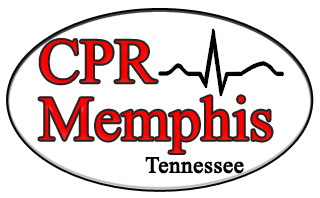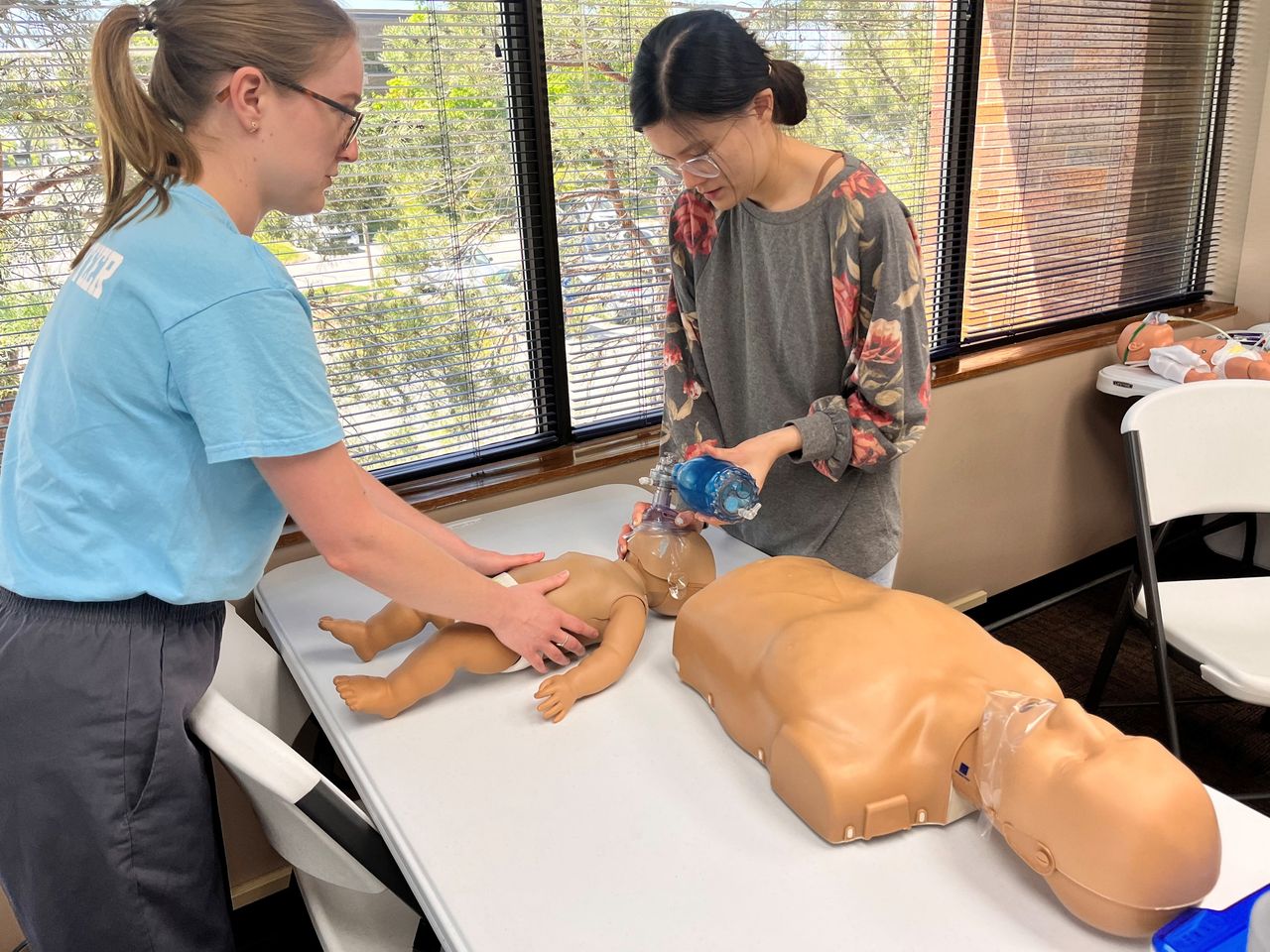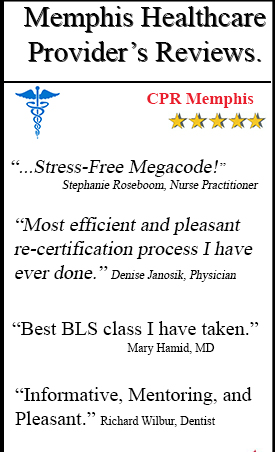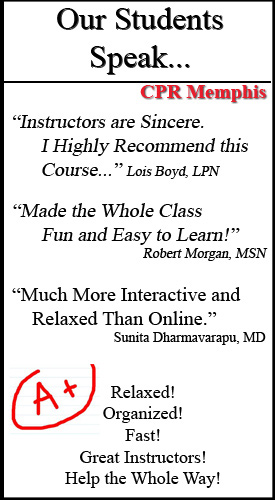Are you ready to take your medical expertise to the next level and save lives when every second counts? Advanced Cardiovascular Life Support (ACLS) training equips healthcare providers with the critical skills needed to respond to life-threatening cardiac emergencies. But before jumping into ACLS, there are some essential things you need to know to ensure your success.
Whether you’re a healthcare provider, nurse, or first responder, mastering ACLS can enhance your ability to make split-second decisions in emergencies. But what should you be prepared for, and how can you optimize your learning experience?
Understanding the Importance of ACLS Certification
Before diving into what you need to know, it’s crucial to understand why ACLS certification is a must-have for anyone involved in emergency care. ACLS goes beyond basic CPR; it focuses on identifying and treating critical cardiac conditions, such as heart attacks, strokes, and arrhythmias, using advanced interventions like drug administration and electrical therapy.
ACLS certification is not just another box to check; it is a specialized skill set that can make a significant difference in patient outcomes. Being ACLS-certified means you’re prepared to act when faced with the most severe cardiac emergencies, often when time and skill are the difference between life and death.
What You Should Know Before Taking ACLS
1. Basic Life Support (BLS) Is Essential
Before stepping into ACLS training, Basic Life Support (BLS) certification is a prerequisite. The skills you acquire in BLS are foundational for ACLS. You must be proficient in high-quality CPR (Cardiopulmonary Resuscitation), including chest compressions, rescue breathing, and using an Automated External Defibrillator (AED).
BLS focuses on recognizing life-threatening emergencies and performing prompt CPR. Without this core knowledge, understanding the advanced techniques of ACLS can be overwhelming.
2. Understanding ECGs and Rhythms
A significant portion of ACLS training revolves around interpreting Electrocardiograms (ECGs) and identifying abnormal heart rhythms. Being familiar with basic ECG patterns, such as recognizing normal sinus rhythm, bradycardia, and ventricular tachycardia, will help you focus on the advanced protocols during the course.
If you’re not comfortable with ECG interpretation yet, consider reviewing common heart rhythms before starting your ACLS course.
3. Medications Used in ACLS
One of the critical differences between ACLS and basic CPR is the use of advanced pharmacology. Medications like epinephrine, atropine, and amiodarone are vital for treating various cardiac emergencies. Understanding what these drugs do, when to administer them, and their potential side effects is crucial.
Although ACLS training will cover these medications, having a baseline knowledge of their function can make the material easier to grasp and retain.
4. Familiarity with Algorithms
ACLS is based on structured algorithms that outline step-by-step procedures for different emergency scenarios like cardiac arrest, bradycardia, or stroke. These algorithms are designed to standardize care and ensure that critical interventions happen quickly and effectively.
Before the class, familiarize yourself with the ACLS algorithms published by the American Heart Association (AHA). These are available in the AHA ACLS Provider Manual and are critical to your success in both the course and real-life application.
5. Hands-On Practice and Teamwork
ACLS courses are interactive and hands-on. You will be working with equipment like defibrillators and airway devices, and practicing on mannequins. Be prepared for intense, realistic scenarios that require quick thinking and precise actions.
Additionally, ACLS emphasizes teamwork. In emergencies, roles are assigned quickly, and clear communication is essential. Throughout the course, you will practice functioning as both a leader and a team member in a resuscitation team.
6. Prepare for the ACLS Exam
At the end of your ACLS course, you will need to pass both a written test and a practical skills test. The written test covers core concepts, including rhythm recognition, drug administration, and appropriate use of algorithms. The practical portion requires you to demonstrate your ability to perform in a simulated emergency scenario.
Preparation is key. Study the AHA ACLS Provider Manual thoroughly, and take advantage of any online pre-course materials, which often include practice tests and rhythm recognition exercises.
The Benefits of ACLS Certification
Earning your ACLS certification offers numerous benefits, both professionally and personally:
- Enhanced Professional Skills: ACLS training provides you with life-saving skills that are invaluable in any healthcare setting.
- Career Advancement: Many healthcare facilities require ACLS certification for roles in emergency, critical care, and cardiac units.
- Confidence in Emergencies: You will be equipped to handle complex emergencies confidently, improving patient outcomes.
- Higher Earning Potential: Many healthcare employers offer higher salaries for professionals who are ACLS certified.
Investing in your ACLS certification is not just about meeting job requirements. It’s about becoming a leader in emergency care and making a real difference when it matters most.
How ACLS Can Transform Your Approach to Emergency Care
Imagine being in the middle of a critical situation where a patient’s heart has stopped, and every second counts. Without ACLS training, you might hesitate or miss an opportunity to provide the right intervention. But with ACLS skills, you can confidently take charge, implement life-saving procedures, and coordinate with your team.
Whether you’re a nurse, paramedic, or doctor, ACLS certification enhances your ability to act decisively, manage emergencies, and ensure that every patient has the best chance of survival. In the fast-paced world of emergency care, ACLS training empowers you to remain calm, methodical, and effective under pressure.
Call to Action: Get Your ACLS Certification in Memphis Today!
Ready to take the next step in your medical career? Whether you’re new to ACLS or looking to renew your certification, CPR Memphis offers stress-free, hands-on ACLS training that will give you the confidence and skills needed to respond in life-threatening situations. If you’re already CPR-certified, now is the time to advance to the next level with ACLS certification in Memphis.
Don’t wait until it’s too late—join the healthcare professionals who have trusted CPR Memphis for their CPR certification in Memphis and advanced cardiovascular life support training. Register today and ensure you’re prepared for any emergency that comes your way.






